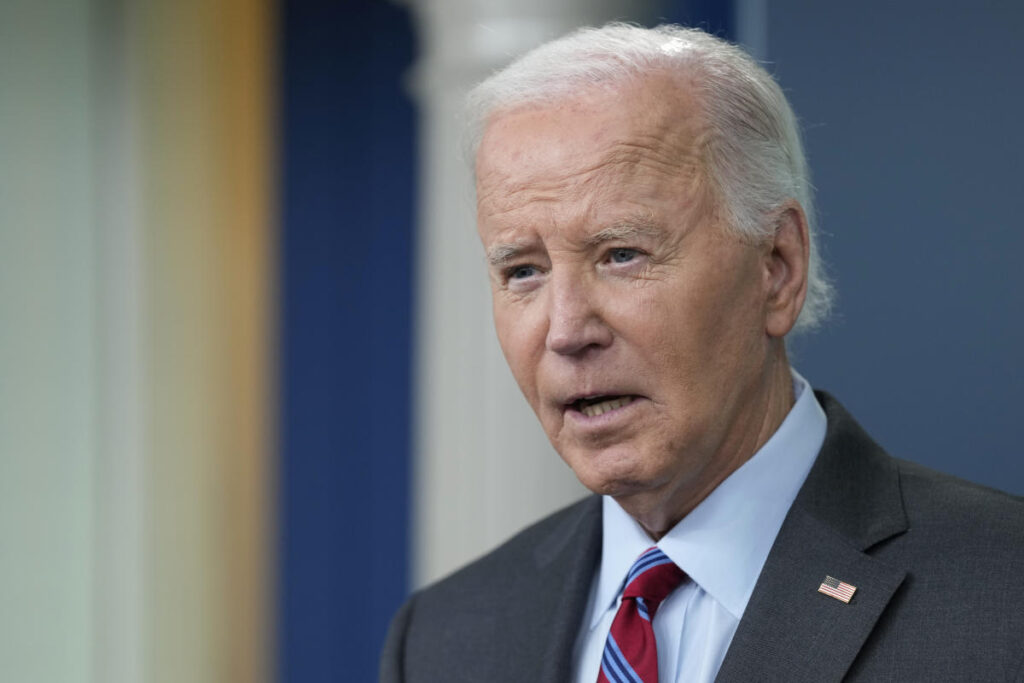The Biden administration has made the decision not to extend a two-year program that provided a legal entry pathway for migrants from specific nations, namely Venezuela, Cuba, Haiti, and Nicaragua. This initiative, which began in 2022, was designed to offer a solution for migrants flying into the U.S. with sponsorship, aiming to curb the increasing flow of individuals attempting to cross the U.S.-Mexico border. By creating this program, the administration sought to balance its enforcement measures against illegal immigration while simultaneously granting legal options for those seeking refuge in the U.S. The program allowed eligible migrants to live and work legally in the country for two years as they navigated the complex immigration landscape toward more permanent status.
As the 2024 presidential election approaches, the decision to not extend the program comes at a politically sensitive time. Vice President Kamala Harris has been instrumental in portraying a more stringent immigration policy, responding in part to criticisms from Republican opposition, particularly former President Donald Trump. In recent weeks, Trump has intensified his rhetoric against the Biden administration’s immigration policies, often resorting to derogatory language and unfounded claims regarding migrants, particularly targeting those from Haiti. This political backdrop adds layers to the administration’s choices on immigration, as perceptions of border management become a crucial talking point in the pre-election narrative.
Homeland Security officials clarified that individuals who have reached the two-year milestone under the program must take further action—either by seeking different forms of legal status, leaving the U.S., or they will face potential deportation. This policy shift emphasizes the need for migrants to transition into alternative pathways for residency or legal work in the U.S. Various options remain available for specific nationalities, including “temporary protected status” for Venezuelans and Haitians. This status is predicated upon conditions in their home countries such as rampant violence, political unrest, or severe natural disasters, which shake the foundation of safety for these individuals and justify their continued stay in the U.S.
The Homeland Security spokesperson Naree Ketudat defended the original intent of the program, stating that it aimed to provide a critical window for these migrants to explore humanitarian relief and other immigration benefits. The goal was to allow them to contribute positively to the U.S. while they sought long-term solutions for their residency. Notably, the announcement regarding the program’s non-extension does not impact those seeking asylum from Afghanistan or Ukraine, reflecting a nuanced approach to refugee and humanitarian cases that transcend the broader immigration policies.
While the program is ending, new migrants arriving at the U.S. borders do still have the opportunity to apply for the original provisions. This indicates that, despite the decision not to extend the program for current participants, the U.S. is still open to managing immigration for deserving populations arriving under similar circumstances. It underscores the ongoing challenges surrounding U.S. immigration policy, highlighting the need for a balance between enforcement and compassion in addressing the complexities of migration.
In conclusion, the Biden administration’s choice not to extend this two-year program reflects a critical moment in U.S. immigration policy, especially in the context of an impending election and shifting political currents. The landscape remains fraught with tension between the need for legal pathways for migrants and the political narratives that often characterize immigration debates. The policy’s implications for those who relied on its structure raise questions about the future of U.S. immigration practices and the ongoing discourse surrounding the treatment and rights of migrants within the nation.

